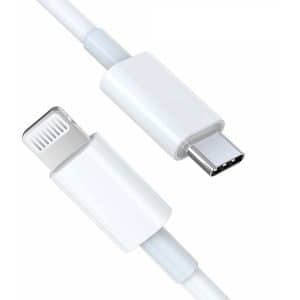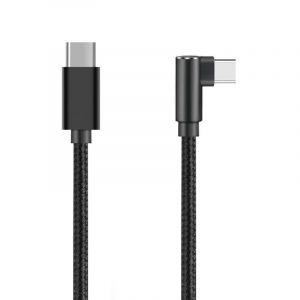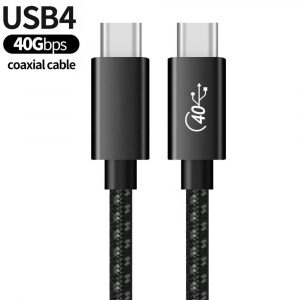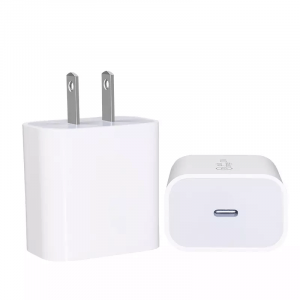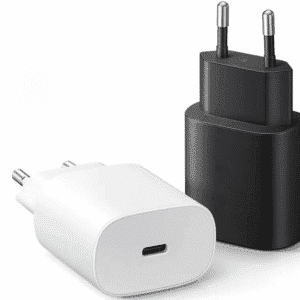In the realm of technology, where change is the only constant, certain tools and accessories manage to carve out a lasting niche for themselves. The humble aux cable, also known as an aux cord, 3.5mm audio cable, or audio jack to aux cable, has been a ubiquitous presence in our lives for decades. It’s the unassuming hero that’s connected our music players to car stereos, powered countless AUX parties, and saved the day during presentations when fancy wireless adapters failed. Yet, with the rise of wireless alternatives and the removal of headphone jacks from many devices, there’s a lingering question: Will aux cables ever become outdated?
The answer, like most things in technology, isn’t a simple yes or no. The aux cable’s story is one of resilience and adaptation. It’s a testament to the enduring value of simplicity and reliability in a world increasingly obsessed with the latest wireless gadgets.
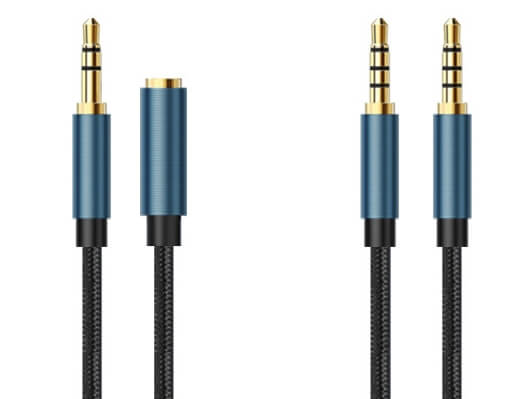
A Brief History of the Aux Cable: From Telephone Switchboards to Car Jams
The unassuming 3.5mm jack has a surprisingly long history. Its origins trace back to the 19th century, where it found its first use in telephone switchboards. Fast forward to the 20th century, and it became the go-to connector for headphones and microphones on portable radios and record players. By the 1960s, it was widely adopted in consumer electronics, and by the 1980s, it had become the standard for audio input/output on personal computers.
The true rise of the aux cable, however, came with the explosion of the MP3 player scene in the late 1990s. Suddenly, our meticulously curated CD collections were miniaturized and portable. But how to bridge the gap between these tiny devices and the car stereos that dominated the era? Enter the aux cable, the unpretentious hero that allowed us to blast our newfound digital freedom on the open road.
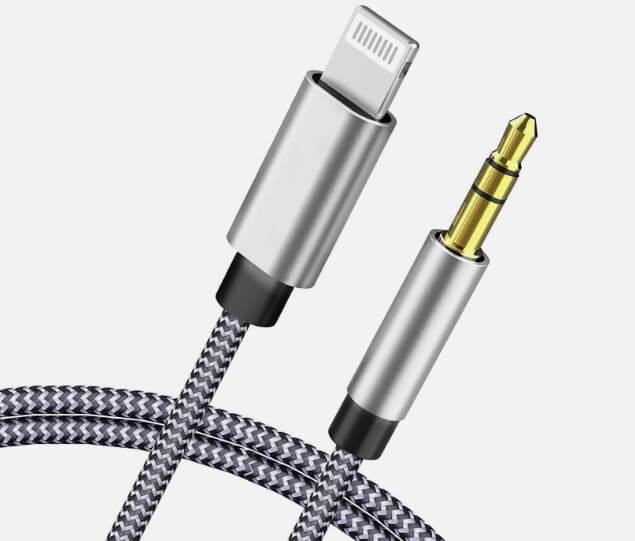
The Advent of Wireless Technology
With the advent of Bluetooth technology, wireless audio solutions began to gain traction. Bluetooth-enabled headphones, speakers, and car stereos offered users the convenience of cord-free connectivity. While wireless alternatives provided newfound freedom of movement, they also introduced challenges such as connectivity issues and audio latency.
The Aux Cable's Strengths: Simplicity, Reliability, and Universal Appeal
The aux cable’s strength lies in its very simplicity. It requires no batteries, no pairing, no software updates. It’s a physical connection, a direct handshake between devices. This very simplicity also presents a vulnerability. In a world obsessed with sleek aesthetics and wireless freedom, the aux cable can seem clunky and outdated. Tangled wires and misplaced jacks can be frustrating, especially when compared to the effortless tap-to-connect ease of Bluetooth.
However, beneath its unassuming exterior, the aux cable holds some hidden gems:
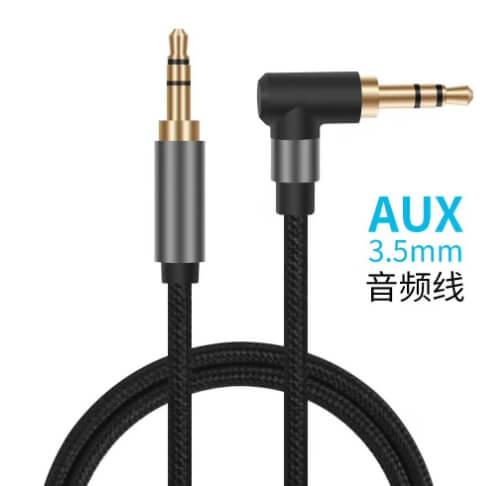
- Universal Compatibility: Unlike Bluetooth, which has multiple versions and standards, the 3.5mm jack is a universal language. From the dusty receiver in your grandparents’ basement to the latest portable speaker, that familiar jack ensures a reliable connection. No more scrambling for adapters or dealing with compatibility issues.
- Uncompromising Audio Quality: Audiophiles swear by the pure, uncompressed sound delivered through an aux cable. While the difference might be subtle for casual listeners, aux cables offer a lossless connection, a benefit some Bluetooth connections can’t guarantee. Compressed Bluetooth transmissions can introduce artifacts and reduce sound quality, especially at higher volumes.
- Reliability and Durability: Let’s face it, Bluetooth can be flaky. Pairing issues, dropped connections, and dying batteries can disrupt the listening experience. Aux cables, on the other hand, are the epitome of reliability. They just work. They’re perfect for situations where a guaranteed connection is paramount, like live performances, presentations, or recording sessions.
- Cost-Effectiveness: Compared to the ever-increasing price tags of wireless headphones and speakers, aux cables are a refreshingly affordable option. This makes them ideal for budget-conscious consumers or those who simply don’t need the bells and whistles of wireless technology.
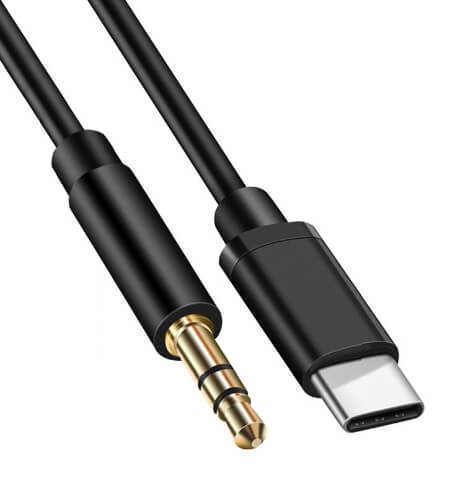
The Challenges Ahead
While aux cables have proven their resilience, they face challenges in an increasingly wireless world. The removal of headphone jacks from smartphones and other devices poses a threat to the widespread adoption of aux cables. Additionally, advancements in wireless technology continue to improve the audio quality and reliability of wireless connections, further enticing users to ditch traditional wired solutions.
However, aux cables are not without their own innovations. Manufacturers continue to improve aux cable design with features such as reinforced connectors and tangle-resistant cables, enhancing their durability and user experience. Moreover, the simplicity and familiarity of aux cables remain appealing to many users, especially in professional audio settings where reliability is paramount.

Conclusion:
In conclusion, while the future of aux cables may seem uncertain in the face of wireless advancements, their enduring appeal and reliability suggest that they will remain a relevant audio accessory for years to come. Whether it’s the convenience of universal compatibility or the simplicity of plug-and-play connectivity, aux cables continue to serve as a trusted solution for audio enthusiasts worldwide. As technology evolves, aux cables may adapt and innovate, but their core value as a reliable audio connector will likely endure for generations to come.
Related Products
Wandkey is a MFI certified cable and charger manufacturer, supports OEM/ODM service, printing logo, customized packaging, color, length, mould etc. Welcome to contact us get the quotation and samples for the test.
Any questions feel free to contact us, we would be happy to solve your issues
Related Topics
2022 Latest MFi Authorized Manufacturers list
Differences of Lightning Connector
How to check MFI Certification
How to get MFI Certification for Your Brand?
Why does the MFI Certified Lightning Cable so expensive?
MFI Product Packaging Requirement?
Disassemble MFI Lightning Cable
iPhone 14 Pro may use USB C Charging Port
How do we guarantee the quality?
How to identify counterfeit or uncertified Lightning connector accessories
How to Choose Fast Charging Cable for Your Phone
How do I choose a USB-C cable?
Differences between USB 3.0 3.1 and 3.2
Test on USB C to USB C 3.1 Cable


